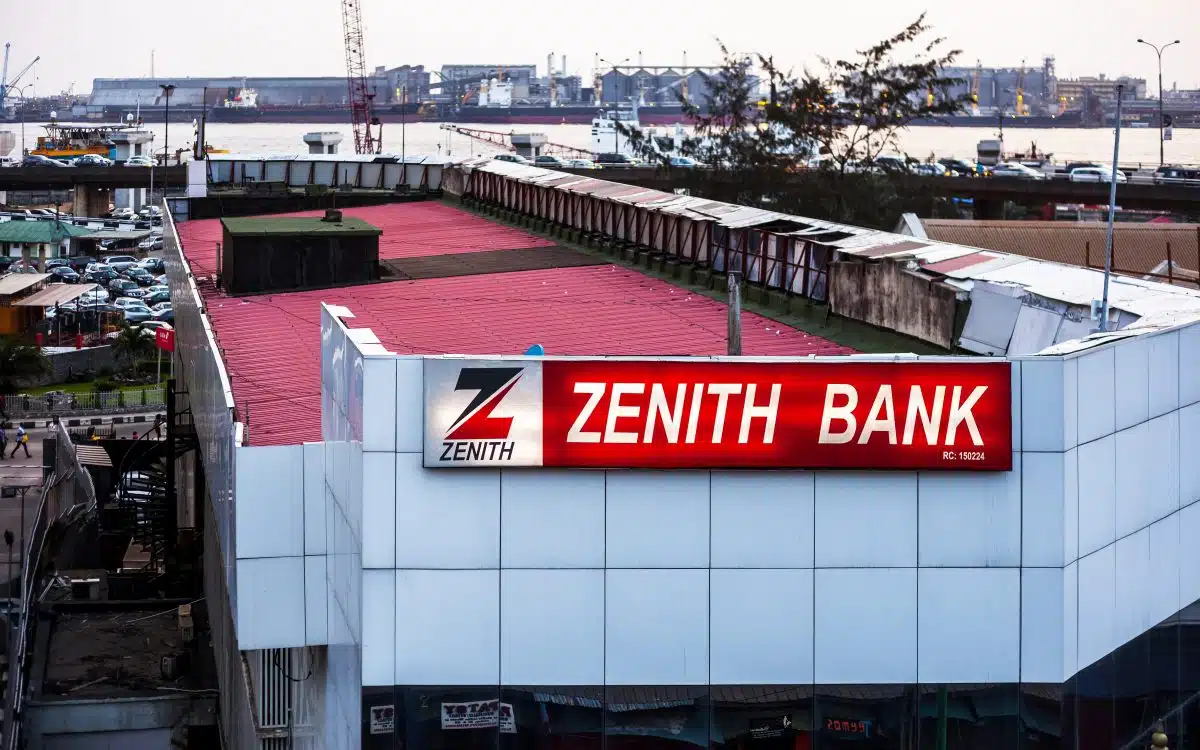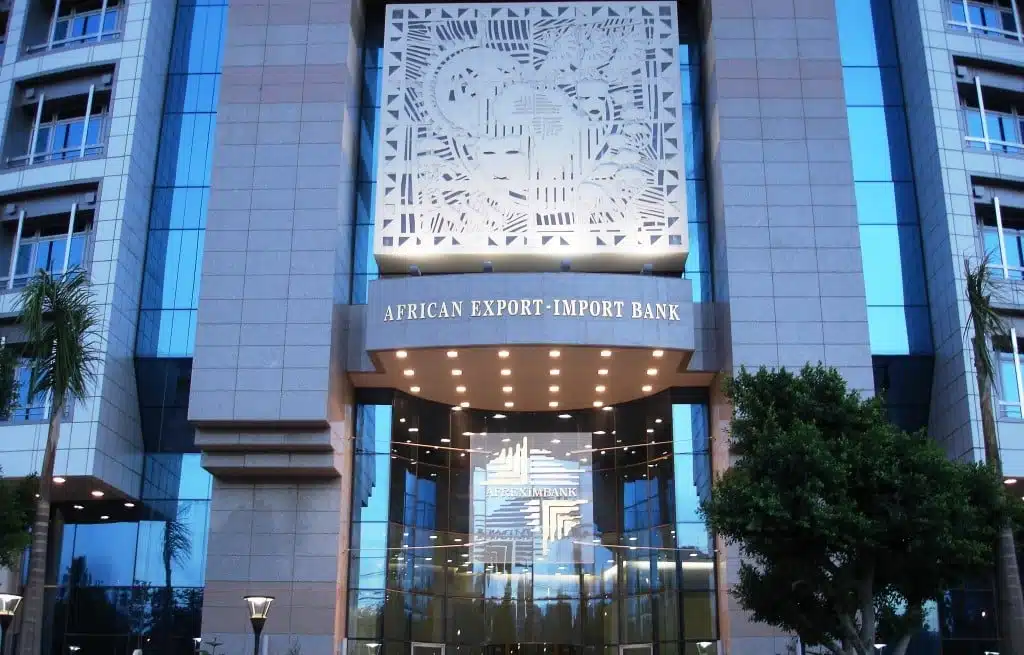The Central Bank of Nigeria (CBN) has released its Business Expectation Survey (BES) report for January 2025. In the report, it noted that 75% of Nigerian businesses pointed to high interest rates as their major constraint for the month in review.
Insecurity (74.3%) and insufficient power supply (73.9%) were the next highest constraints pointed out by businesses. High taxes (73.0%), financial problems (69.3%) and high bank charges (68.2%) were other major constraints pointed out by businesses.
Per the report, all sectors surveyed had an optimistic confidence index outlook for the macroeconomy in January 2025, with the mining and quarrying industry taking the lead with 25.0% recorded optimism.
This means despite the economic challenges businesses faced in January, they were confident that in subsequent months, overall business activities would get better.
The sectors surveyed were mining and quarrying, manufacturing, agriculture, construction, market services and non-market services.
The manufacturing, agricultural and market services sectors ranked the next highest in optimism with 14.4%, 13.4% and 6% respectively.
High banking rates and business optimism
Among the major constraints recorded, banking rates, including interest rates and bank charges, stood out as two of the major constraints for businesses in January.
Recall that the CBN in November 2024 announced that it had increased the Monetary Policy Rate (MPR) to 27.50%. The MPR for the year witnessed a total increase of 875 bps, as the rate was 18.85% at the beginning of 2024.
Furthermore, an analysis of the 2025 macroeconomic outlook has predicted that the MPR throughout the year may not reduce significantly. This is because of the consistently high inflation the country has been witnessing.
Inflation in December 2024 was at 34.8%. The latest inflation rate released on Tuesday, 18th February 2025 pegged the country’s inflation at 24.48%. While the new inflation rate signals a drop in inflation, the double-digit rate shows that inflation remains significantly high in the country.
As a result, businesses seeking loans from banks have been faced with high interest rates which have influenced their decision on whether or not to take loans and scale their business and output rates.
High bank charges have also been singled out as another constraint businesses faced in the period under review. With both CBN and banks setting transfer charges and other service fees, businesses with high volumes of trade will also have to factor in those charges when taking into account their profit and other service costs.
Why does this matter?
The report recorded that the economy’s overall capacity utilisation was at 56.8% in January 2025. Capacity utilisation is a measure of how much of an organisation’s production capabilities are utilised at a given time. The mining and quarrying sector recorded the highest capacity utilisation for January 2025, reaching 60.3%.
Businesses across different sectors have also expressed optimism for increased employment in February 2025, with the mining and quarrying sector predicting a 37.5% employment prospect while the agricultural sector has predicted a 71.1% expansion.
These predictions will only be actualised within a stable economy where businesses can access credit and loans from banks to scale up production and other processes, including paying employees.
Access to capital and credit also contribute a great deal to the capacity utilisation for businesses. Businesses with the right technical know-how and other factors of production find it easier to scale and perform optimally when they have access to credit and capital.
The prevailing high interest rate has the potential to reduce businesses’ access to credit. This will effectively slow down activities within the real economy, making it harder for businesses across different sectors to achieve their goals as outlined in the confidence index and their projections for the year.






